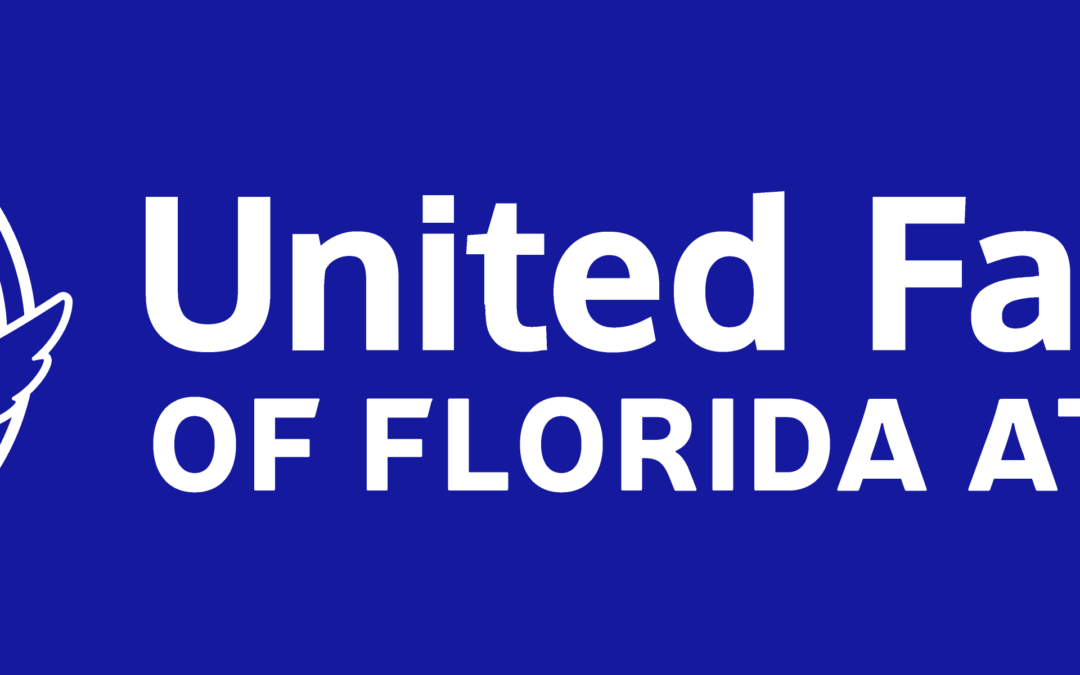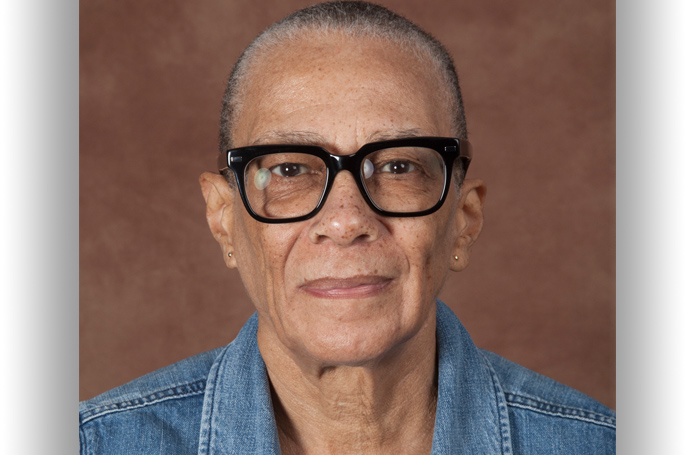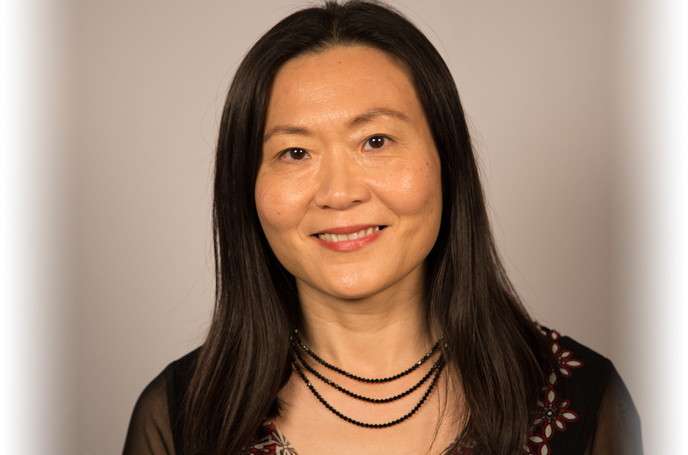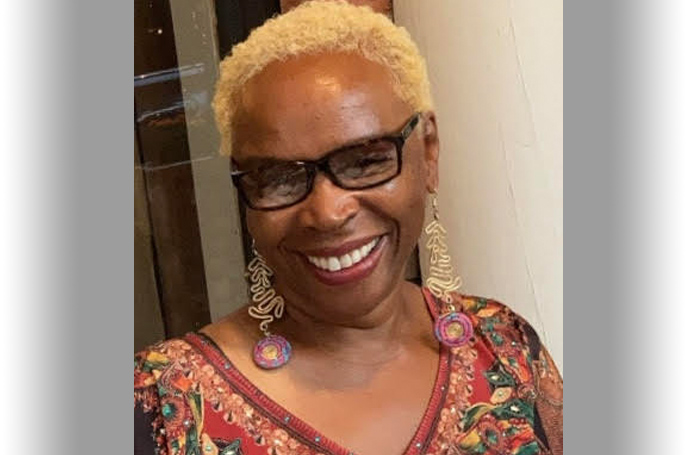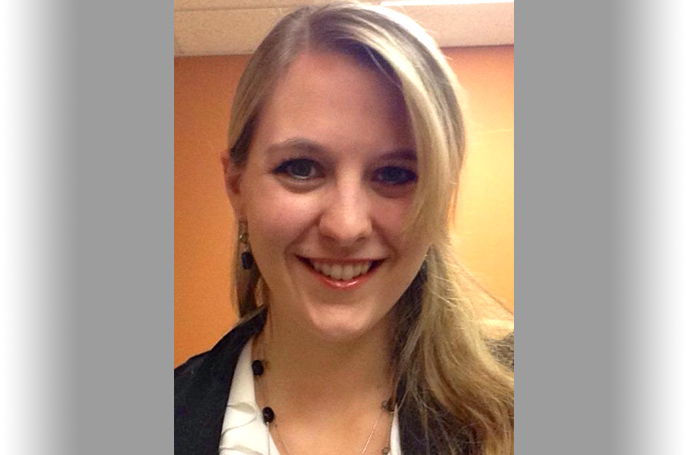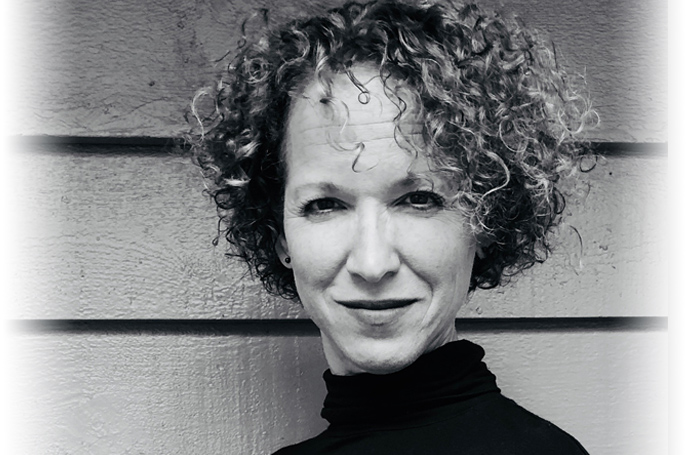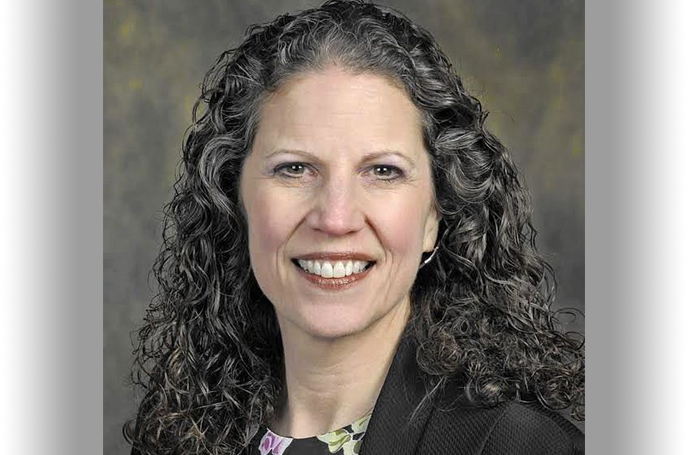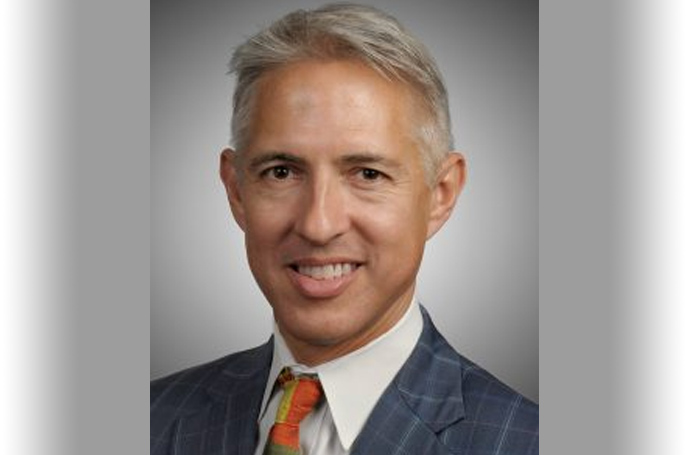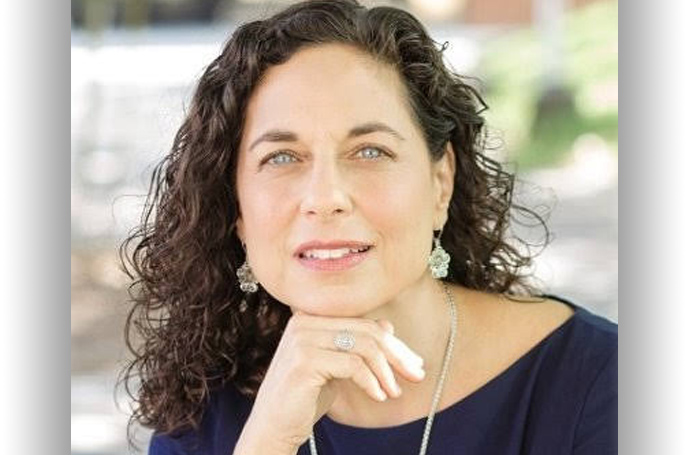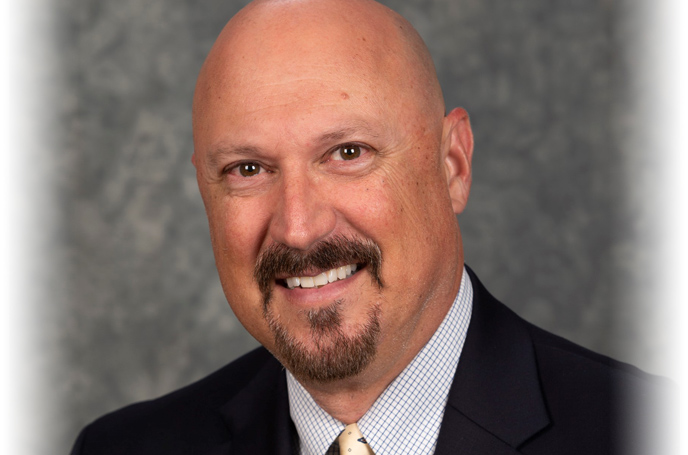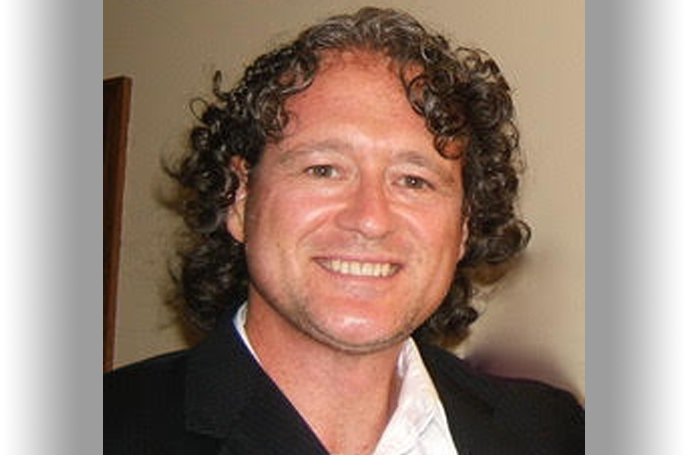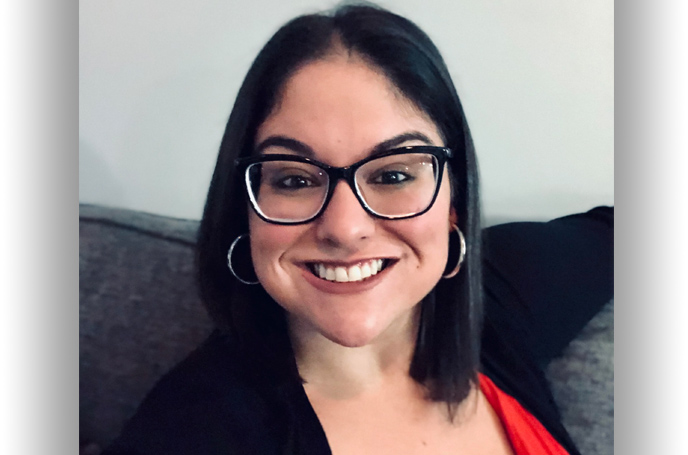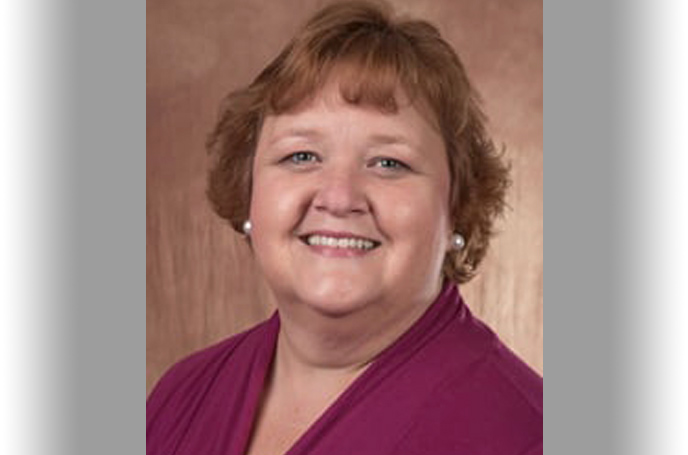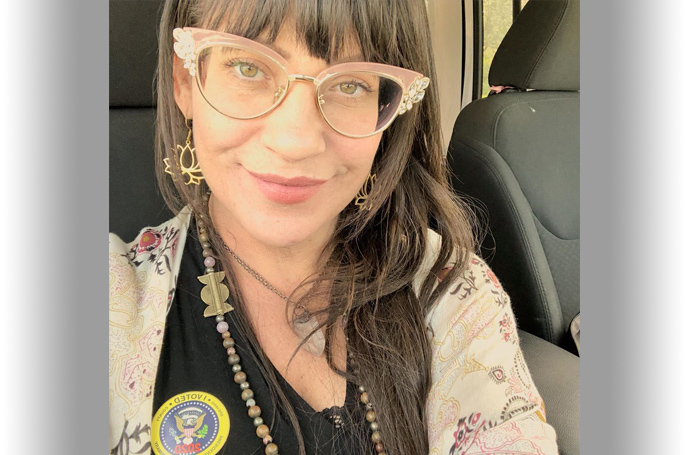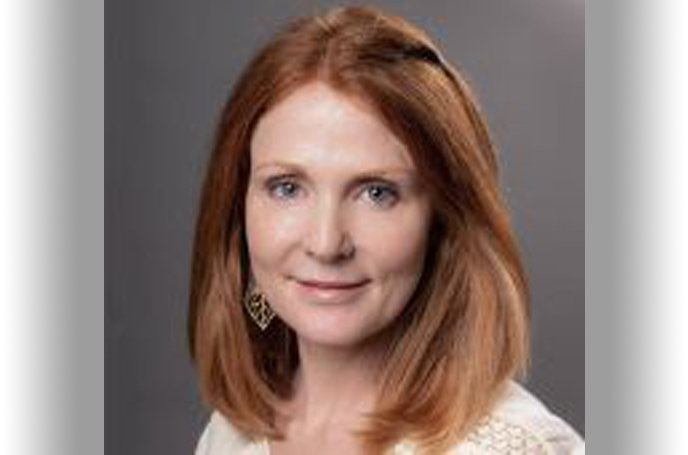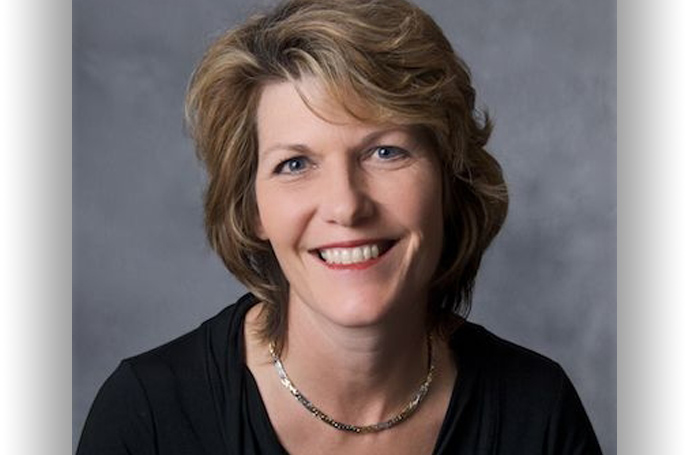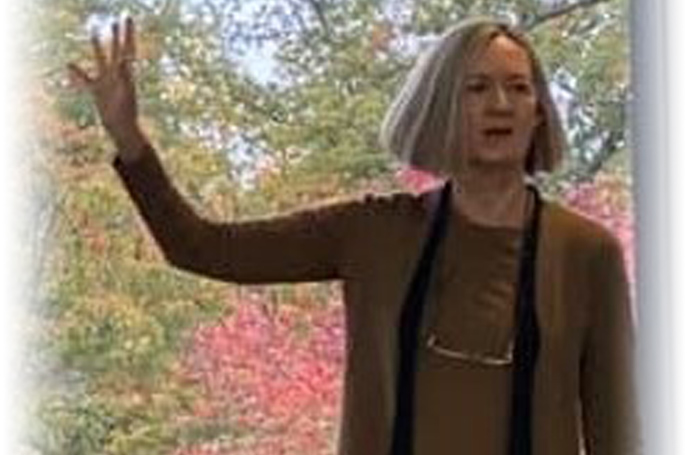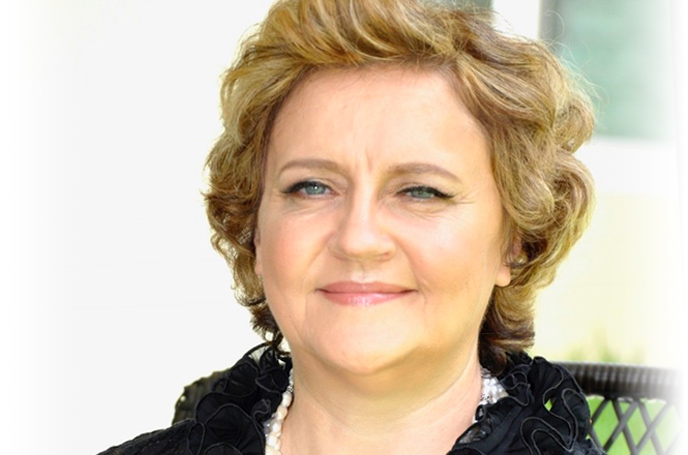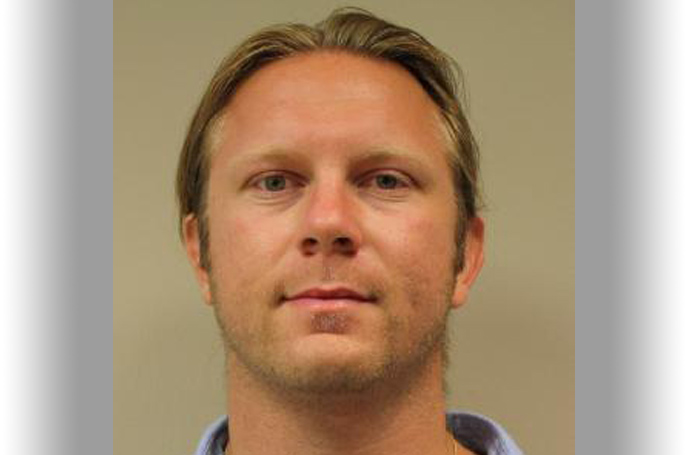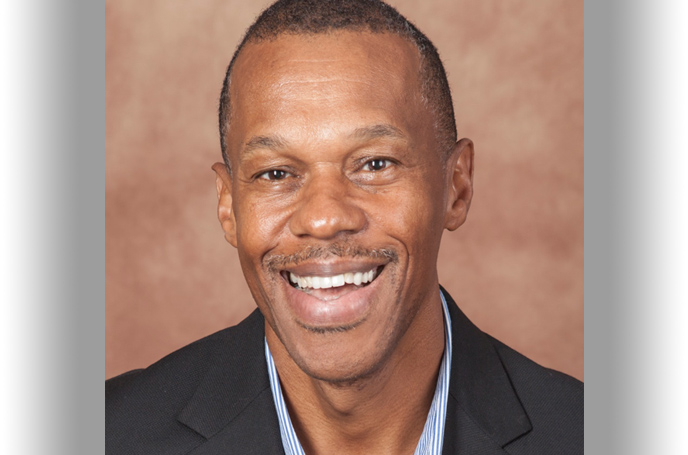Dear Colleague:
You may have received the notification that the new/revised Conflict of Interest Policy has been implemented and we are all being asked to complete the disclosure of potential conflict forms. You may wonder what your Union’s position is on this process. Do we think it is right for you to have to fill this out? Do we agree with the changes made by the University in the new policy? Are we satisfied with how Conflict of Interest and Conflict of Commitment are being dealt with at UCF? In this email you will find a few answers to those questions.
Should you fill out this new form?
In short: yes. The current policy has now gone into effect and the new forms you are asked to complete is the current required process with which you must declare any potential conflict of interest or commitment. Even as we continue to try to get mistakes (in our view) corrected, we need to comply with this new mandate. You can find more information here: https://compliance.ucf.edu/conflict-of-interest/ The deadline to fill out your AA-21 Disclosure Form is April 7.
You may recall that we had quite a lot of problems with, and many colleagues registered their discontent with the previous draft of the revised policy – and UCF recognized its overreach and pulled the draft back in order to revise it. However, UFF was not consulted or involved in revising the draft, as we believe we should have been in these changes to bargained conditions of our work. You can be sure that we will keep raising these concerns, including in the current full book bargaining sessions! Nonetheless, we recognize that State requirements force the University to bring their policies into alignment with Florida State Statutes – and in this case some of the changes are just that, an integration of the new statutes at the State level (whatever we may think about those statutes).
Even while we maintain that the University did not follow the process they agreed to (i.e. consult and bargain with UFF), and while we have problems with the expansions and changes that exceed those mandated by State statutes, the new forms and process for declaring any potential conflict (and then responding to any concerns that may be raised) is what we should now use until we can bargain potential changes or otherwise change the process. The Compliance office has also provided a helpful matrix to determine what you need to report. Please read it carefully for what you need to report and what you don’t need to report.
Why are you all so suspicious of these conflict of interest policies?
In short: because we have seen how they can be abused by the University to unnecessarily restrict our ability to pursue research, teaching, and engage in professional and community service, among other problems. The more expansive reach of the new policy, only partly a result of the State statute, is troublesome for several reasons and we are going to continue to engage the University and BOT bargaining team about it.
As you know from a previous email, PERC agreed with us that UCF violated the law in applying conflict of interest overly broadly in a recent ULP. We think that the current new policy similarly introduces terms and conditions of work that should be bargained and not simply imposed. Furthermore, we also learned that there have been other instances where the University has been trying to create policies that would impose additional terms that go beyond or change what we bargained and that are not required by any statutes. Recently, a Union member alerted us to one such attempt in CCIE, the Union grieved the newly created policy on outside teaching that violated the CBA, and the University has agreed to retract the policy. We were glad to settle this grievance and hope the University will continue to ensure that all its representatives uphold the bargained contract.
Please don’t believe everything you hear!
The University or one of its representatives may tell you that they have the right and indeed must create all these new rules, regulations, and policies to keep ‘bad actors’ from doing ‘bad things’ – but our position is that (a) we already have lots of laws and existing regulations that can be used to ensure proper functioning of the University, and there is no need to create sweeping policies to deal with isolated individual problems and (b) UCF cannot keep introducing policies that implement new terms and conditions for our work that contradict or violate what we have collectively bargained. We will continue to insist that our rights be upheld and that both sides abide by the collectively bargained contract.
Can I do anything about all of this?
Your Union will always look out for our rights as bargained. The Union is all of us! Please get involved: We need to hear from you, and we all need to work together on this. If you encounter a policy or practice that you believe is contradicting or violating express terms bargained in our contract (CBA), please let us know so we can follow up and make sure to defend all of our rights. Please visit our Grievance support page.
If you have a question or want to understand more about what the Collective Bargaining Agreement is and how it affects your life, let us know and we’ll happily get in touch with you. Please contact UFF-UCF at president@uffucf.org.
We are also currently bargaining a new full book contract – so this is a great time for both sides to bring issues to the bargaining table and discuss them in the correct process. That is how respectful and productive bargaining works: bring issues to the table and negotiate in good faith. We hope that we will have your input for our side of the bargaining . Please join us at a bargaining town hall to share your concerns with our bargaining team. Current bargaining proposals from both sides can be viewed here.
In solidarity,
